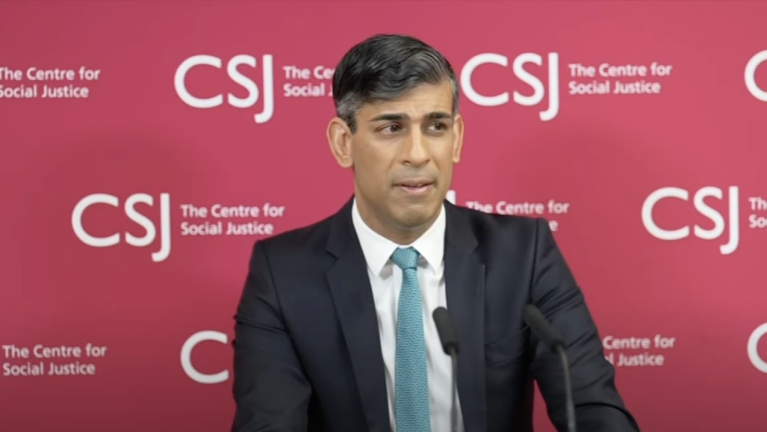Anti-poverty organisations sounded the alarm on Friday after energy regulator Ofgem raised the energy price cap by £139, from £1,138 to £1,277, affecting more than 15 million and sparking fears of families being pushed further into poverty and stalling the post-Covid recovery.
The £139 climb is the largest ever increase to fuel bills. It represents a 12.2 per cent jump, and according to modelling by the End Fuel Poverty Coalition will mean an extra 488,000 UK homes experiencing fuel poverty as Britain hurtles towards winter.
“This unprecedented hike in energy bills comes at the worst possible time for millions of households across the country. It is difficult to put into words just how devastating this news will be for people,” said Simon Francis, coordinator of the End Fuel Poverty Coalition.
“Especially hard hit will be vulnerable customers and those on pre-pay meters who are unable to switch suppliers and will be facing a winter in abject fuel poverty,” he added.
We need a new pricing framework, where poorer people don’t pay higher rates than the richRuth London, co-director of Fuel Poverty Action
As many as 400,000 private renters already face eviction for Covid related rent arrears, according to research from the Joseph Rowntree Foundation, and 1.7 million renting households are worried about paying their next three-month’s rent.
“The hike in fuel costs could be the final nail in the tenancy coffin for these tenants, with homelessness escalating at a cost of billions to the public purse,” said Jacky Peacock, director of Advice For Renters, an advice agency that supports private renters in London.









